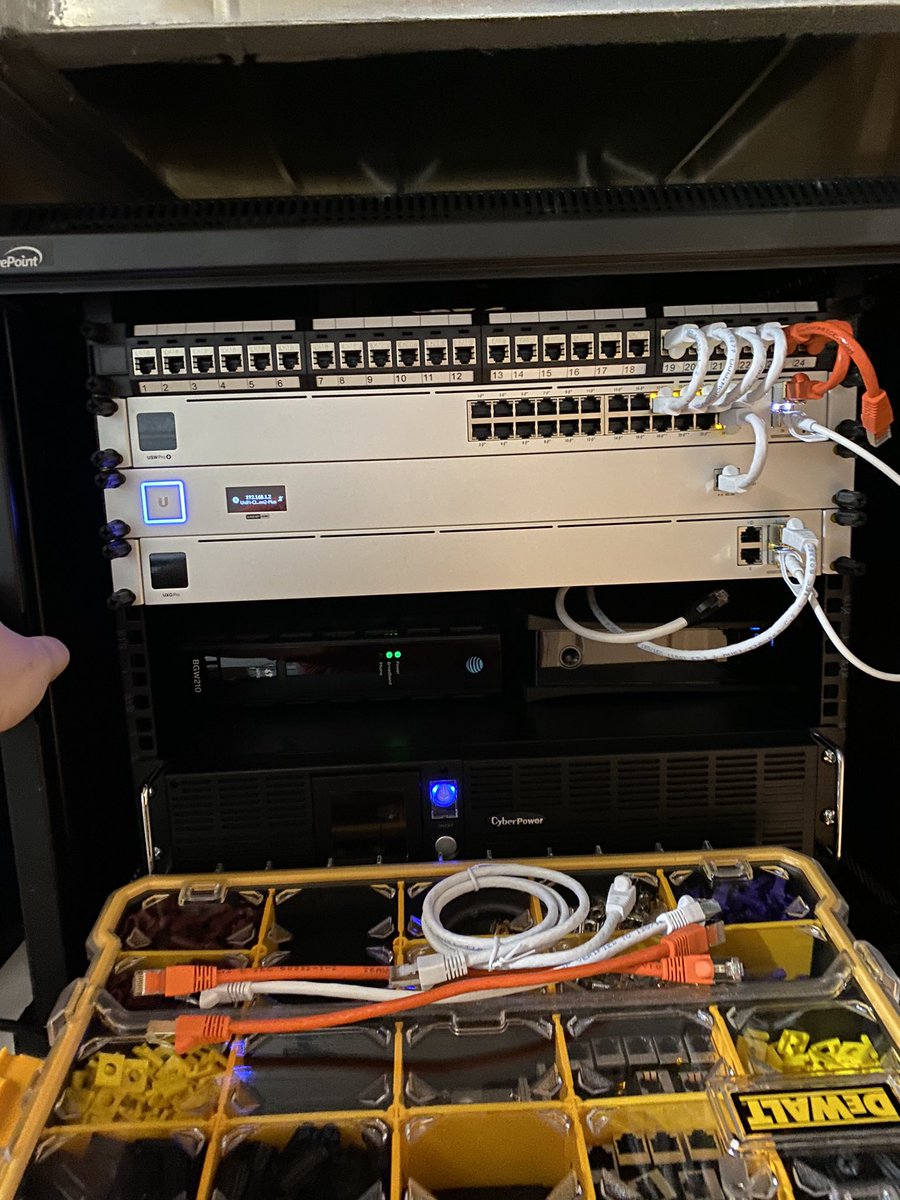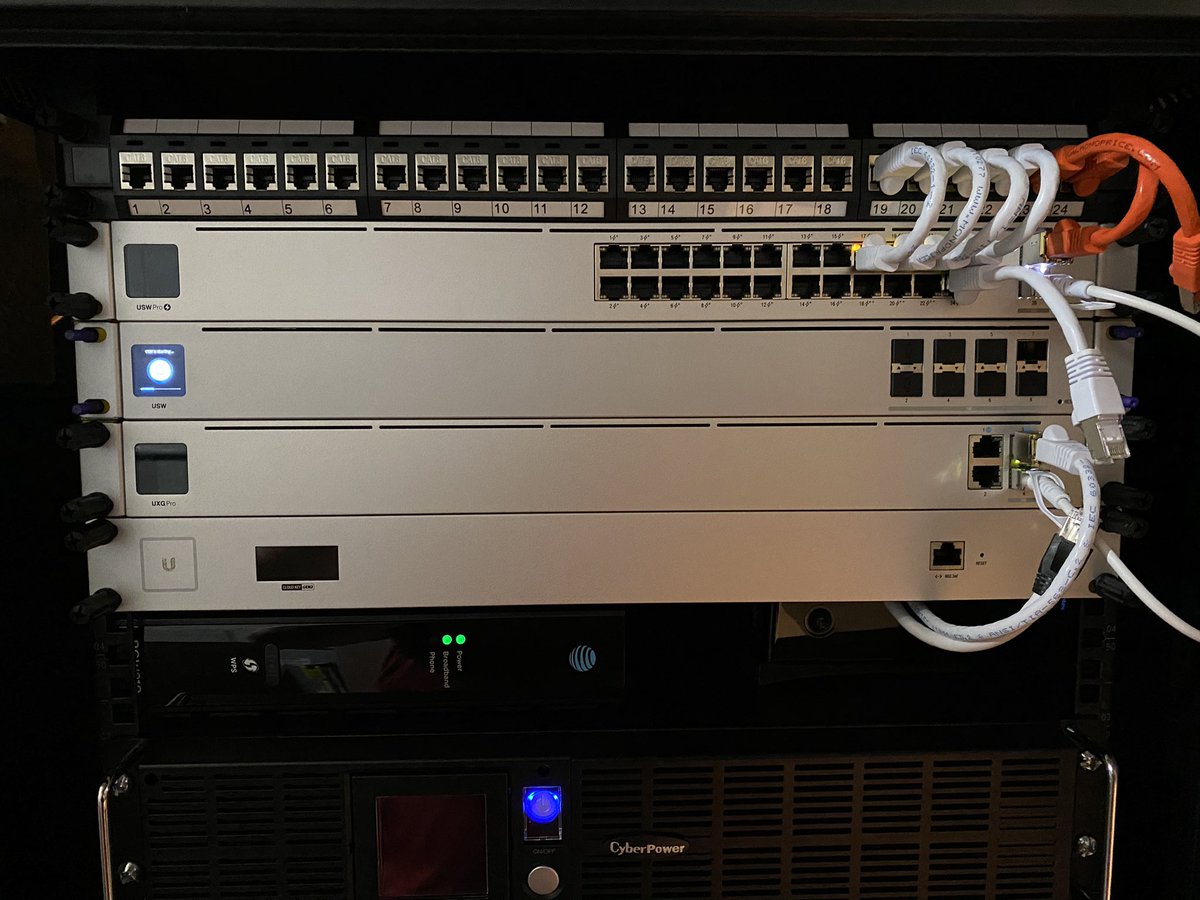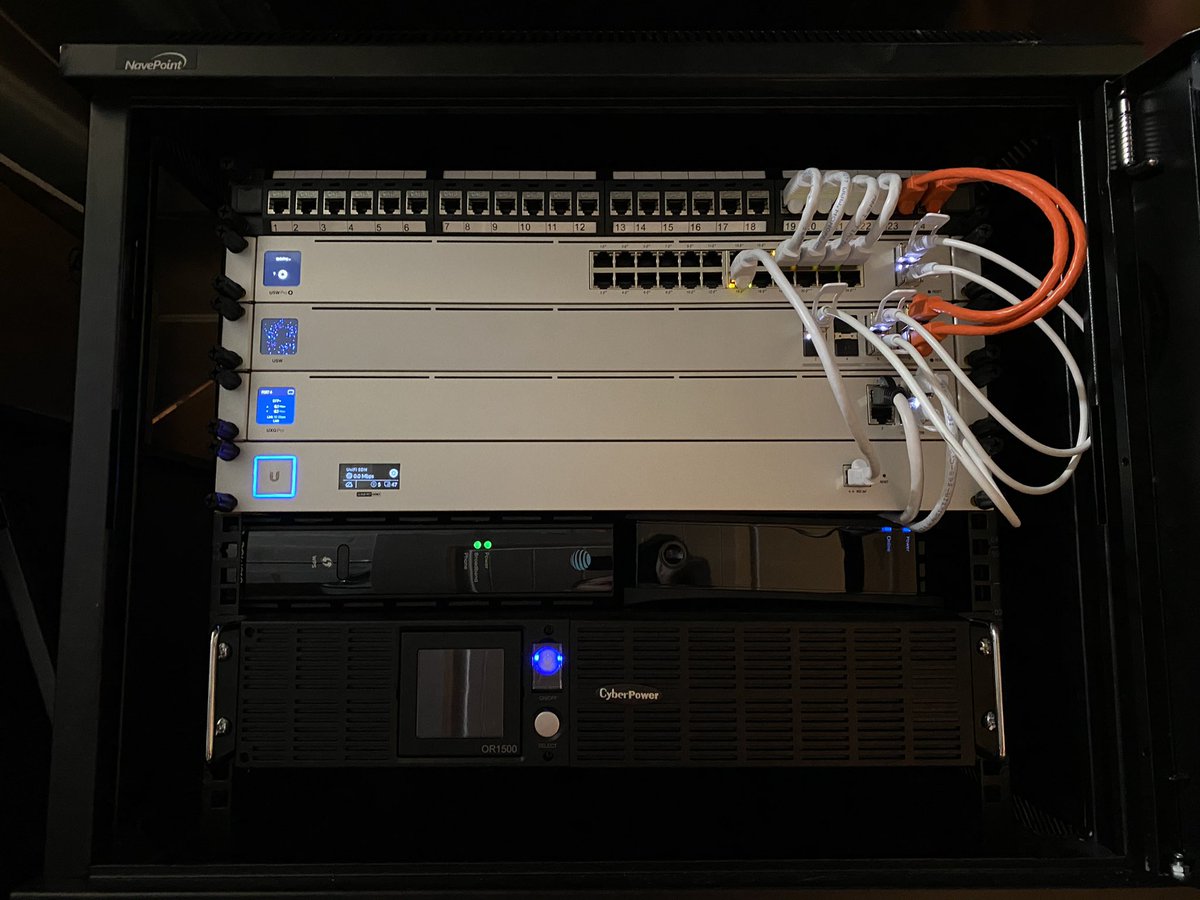
I. Hate. Cryptocurrencies.
There are no redeeming qualities. None. There’s a hardware shortage everywhere, they gobble energy supply in a completely unsustainable model, and almost everyone involved is only doing this to make money…in another currency.
There are no redeeming qualities. None. There’s a hardware shortage everywhere, they gobble energy supply in a completely unsustainable model, and almost everyone involved is only doing this to make money…in another currency.
https://twitter.com/justincormack/status/1386614703145852929
The entire thing is based around consuming energy and occupying hardware. The value is 100% imaginary. The system is based on a perceived value, and given people are in and out to make money off that perception: it’s basically a pyramid scheme.
Cryptocurrencies are a blight.
Cryptocurrencies are a blight.
Oh look, all the bitcoin fanatics are coming to change my mind!
heh, one DM was asking what I tell any friends who like bitcoin.
The same thing I'm telling you here: it's a blight on the world. Investing in bitcoin is what someone does instead of actually furthering society/humanity. I love ya, but cryptocurrency is beyond stupid.
The same thing I'm telling you here: it's a blight on the world. Investing in bitcoin is what someone does instead of actually furthering society/humanity. I love ya, but cryptocurrency is beyond stupid.
I've spent the past decade trying to make something more efficient, so software devs make other things better for humanity, use fewer resources, etc. All of it to improve in a way that maybe scales just a bit.
Whereas most crypto investors want to burn it for self profit.
Whereas most crypto investors want to burn it for self profit.
• • •
Missing some Tweet in this thread? You can try to
force a refresh












